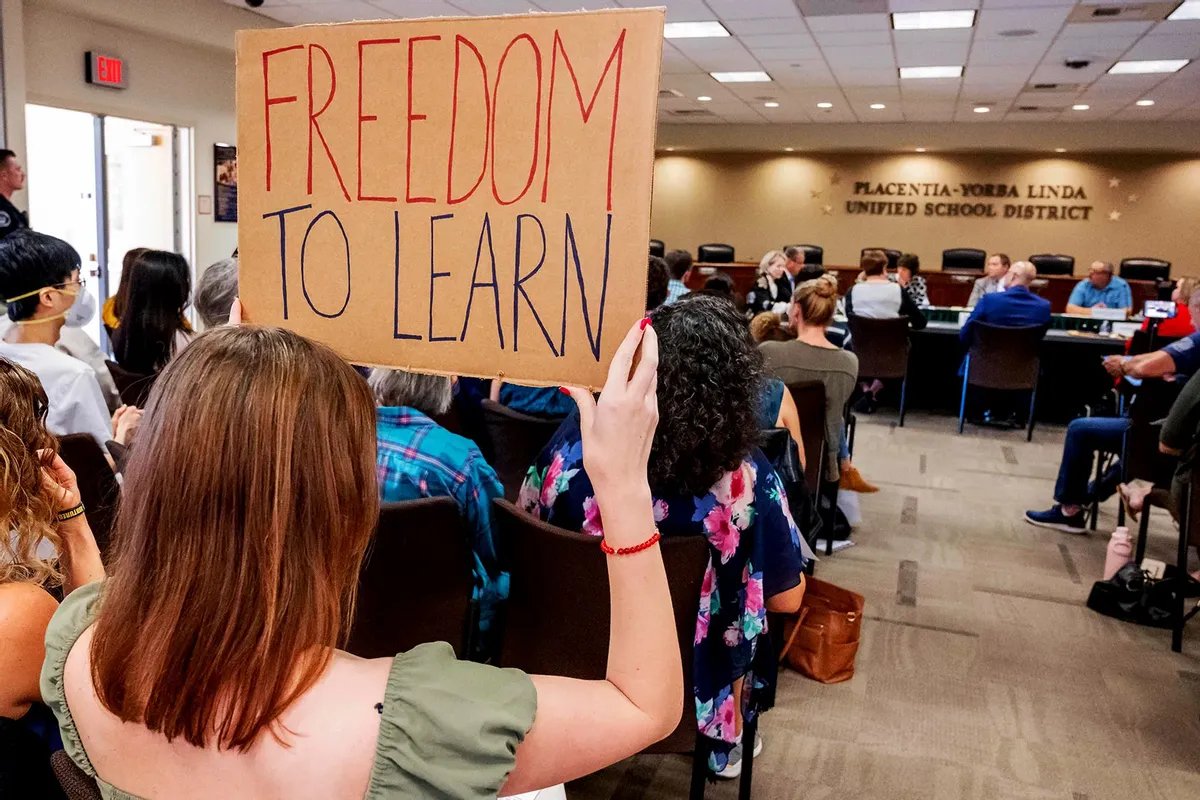Research
We see research and feedback loops as essential to crafting strategic messages that appeal to popular audiences. Our research centers on effective messaging, persuasion, and mobilization. In addition to testing how different messaging approaches perform with different audiences, we also seek to understand the rhetorical landscape, popular meanings, and historical context that set the stage for which messages will be salient.
Consider, for example, how since the late 1960's, anti-worker conservatives have been crafting 'anti-elitist' messages, pretending to ‘punch up' by focusing attention on cultural elites. Their favorite targets include Hollywood, academia, the news media, 'special interests,' and the Democratic Party politicians who are framed as being part of this out-of-touch clubhouse. Importantly, this narrative glosses over the concentrated economic power at the tippy top of the social pyramid, as well as the anti-worker policies favored by most conservative politicians. The latter present themselves as the down-to-earth defenders of the values and common sense of 'everyday Americans’ — as they simultaneously stoke prejudice and division.
The good news is that there are much more persuasive messages available to us that can defeat this fake populist story and unite working people across race and difference. But it takes more than just finding the right words. We think it requires nothing less than a full commitment to fighting visibly and vocally for the many, not the few. That means picking fights with powerful culprits. When leaders and politicians who are supposed to be on “our side” refuse to name villains at the top — those responsible for rigging our economy and our political system against working people — this lets our opponents frame the villains, uncontested.
This is a central hypothesis underlying our research program. We focus especially on how to frame popular fights in terms of working people vs. powerful elites. We develop anti-elitist messages and communications strategies for progressive organizations, labor unions, and candidates. Our research program includes message testing experiments, surveys, and polls to directly test what messages land, for whom, and why. Our studies and hypotheses are driven by past and emerging research, as well as our experiences with on-the-ground organizing.



